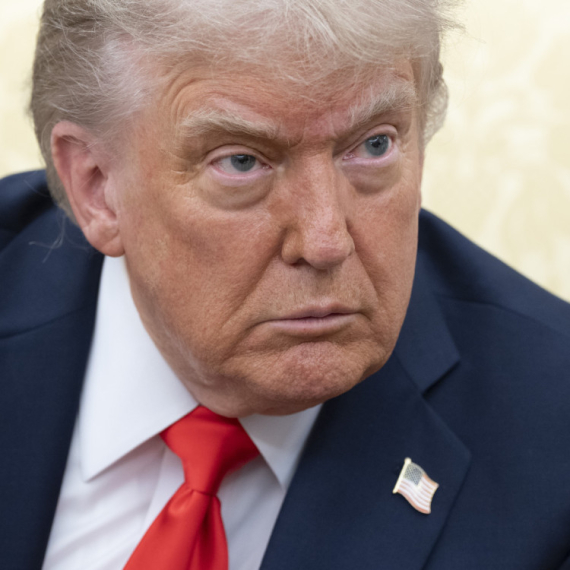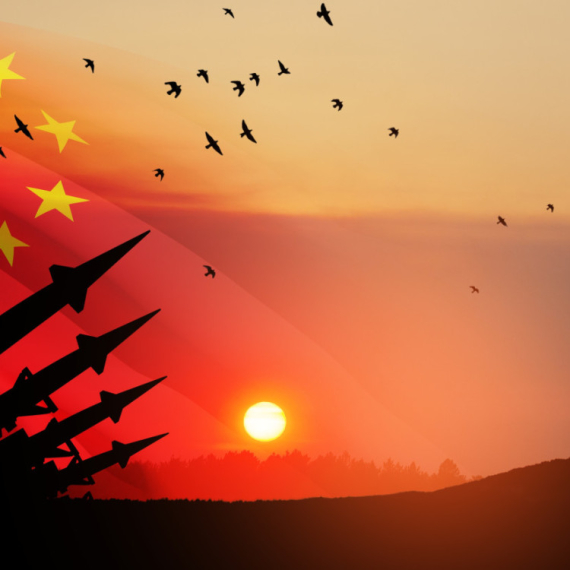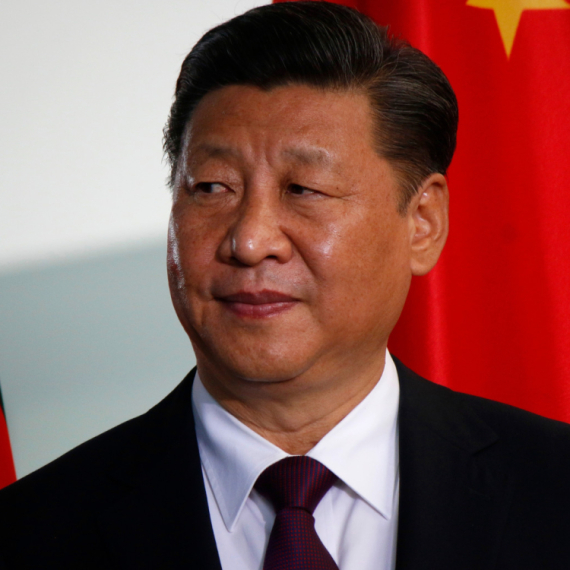The main topic of the article is China’s strategy in the trade war with the US, focused on controlling the export of rare earth metals, which are crucial for technologies such as electric vehicles and military systems. China has introduced a new licensing system for the export of these metals, inspired by the American model, allowing it to use these resources as a political weapon in negotiations. While there is a willingness to approve larger export volumes, China does not plan to abolish the licensing system. This control has raised concerns in the global industry, especially in Europe and the US, as it slows production and affects supply chains. A phone call between the US president and the Chinese leader indicates attempts to ease tensions, but the issue remains complex.
Political Perspectives:
Left: Left-leaning sources tend to emphasize the geopolitical power struggle and criticize the use of natural resources as political leverage, highlighting the risks of escalating trade conflicts and the impact on global supply chains and workers. They may also stress the need for international cooperation and fair trade practices.
Center: Center-leaning sources report the facts of the trade tensions and China’s export controls with a balanced view, focusing on the economic and strategic implications for global industries. They highlight the complexity of the negotiations and the mutual dependencies between China and the US, noting the cautious steps taken by both sides to avoid escalation.
Right: Right-leaning sources often emphasize the strategic threat posed by China’s control over rare earth metals and frame it as a challenge to US technological and military superiority. They may support strong US responses, including tariffs and export controls, and view China’s actions as aggressive economic warfare that must be countered decisively.









































